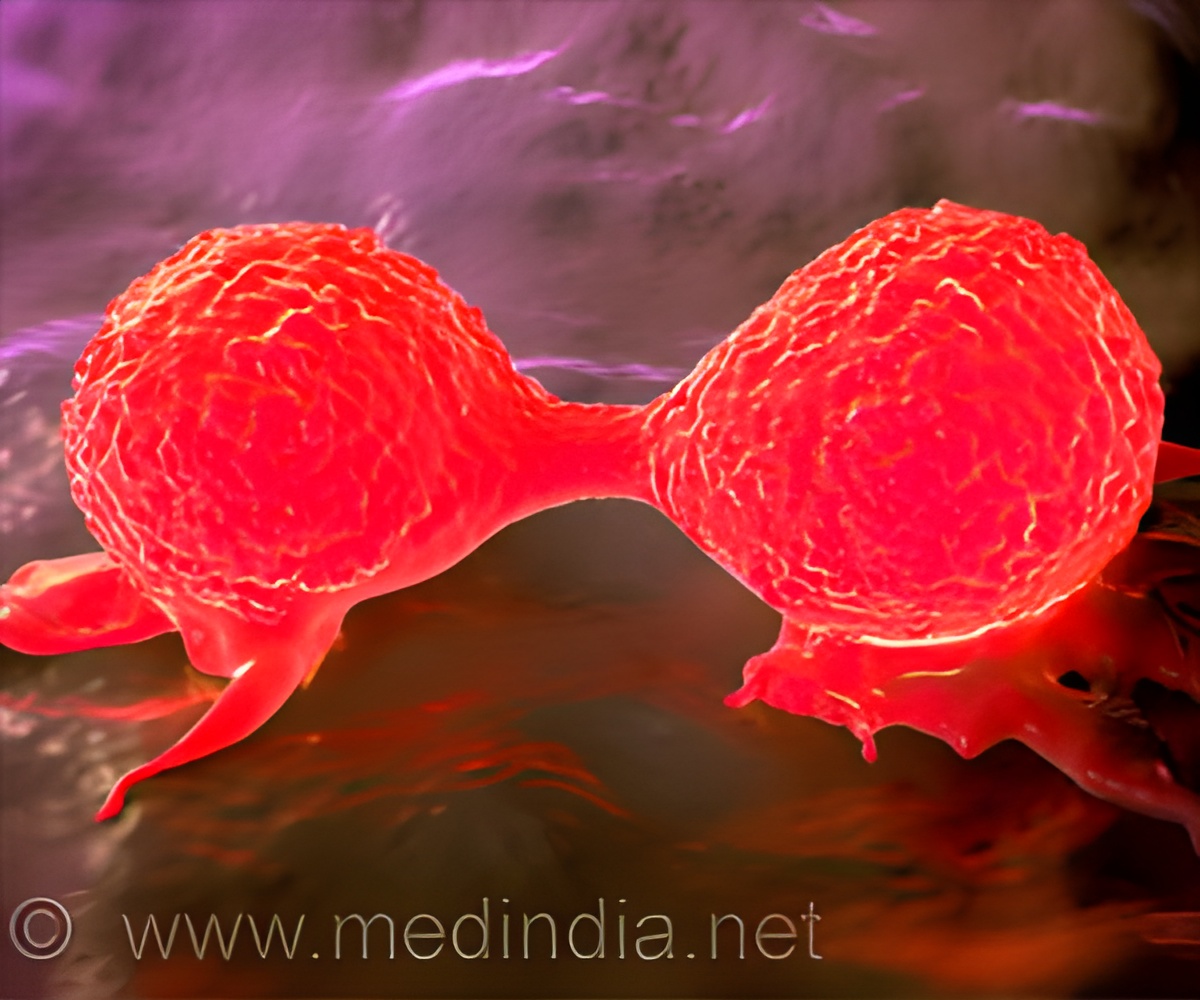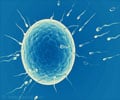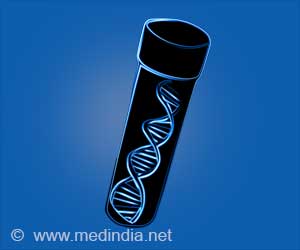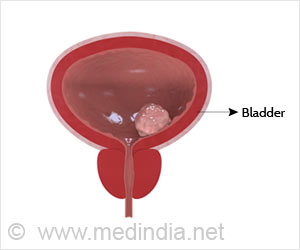Being pregnancy at 25 years or younger was found to reduce breast cancer risk by over 30%, stated new study.

‘An early age of pregnancy (25 years and younger) is known to reduce the overall risk of breast cancer by over 30%. ’





Another trick is to keep breast cells suspended in a state of "pre-senescence," a moment in the cell's life cycle between dying, living, and potential cancer. These findings provide new insights into future cancer treatment and better ways to identify risk before a tumor develops.
Pregnancy blocks the deadly action of cMYC by rolling the gene away. Dos Santos suggests a familiar image: "The event of pregnancy itself changes how regions of DNA are open or closed. Think of a yo-yo. The center of the yo-yo is what we call the nucleosome. It's a bunch of proteins that protects the DNA. When you release a yo-yo, you have a string, which represents that part of the DNA became open. And because it's open, now transcription factors can bind and either turn on or off genes. If you pull your yo-yo back, everything gets inside the yo-yo. That's what we call closed chromatin, so transcription factors cannot bind there."
Pregnancy turns off the cMYC gene and turns on another set of genes that promotes senescence. Cells repeat the pattern open and closed DNA in subsequent pregnancies.
Senescent cells "are in the gray zone, not growing or dying," says dos Santos. Depending on how the cells are pushed, they can either stay senescent, die, or grow too much and turn into cancer cells. "It's a very strong system, but you can mess up with it. And if you do mess up with it, that's when cancer develops. It allows us now to work on how we can keep those senescent cells from being perturbed."
Dos Santos says this is one of the few examples showing that a normal developmental process such as pregnancy can inhibit a cell from interacting with a cancer-promoting gene. She summarized her key findings this way: "You have cancer genes being shut down at the same time that genes leading this cell to a kind of a precipice, like they're going to jump out and die, get turned on. We believe these signals are the key players for why these cells do not turn into cancer."
Advertisement
Source-Eurekalert















